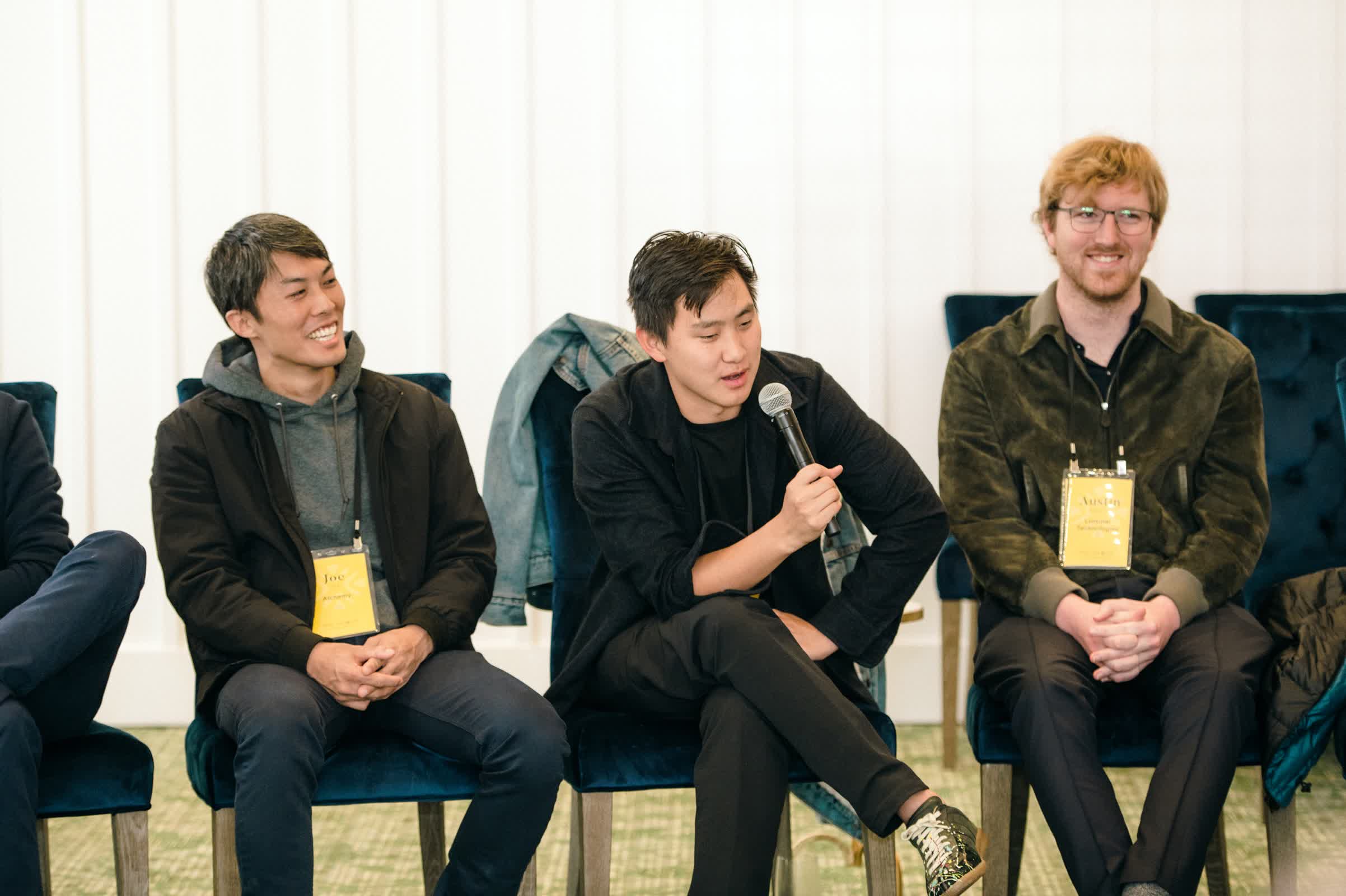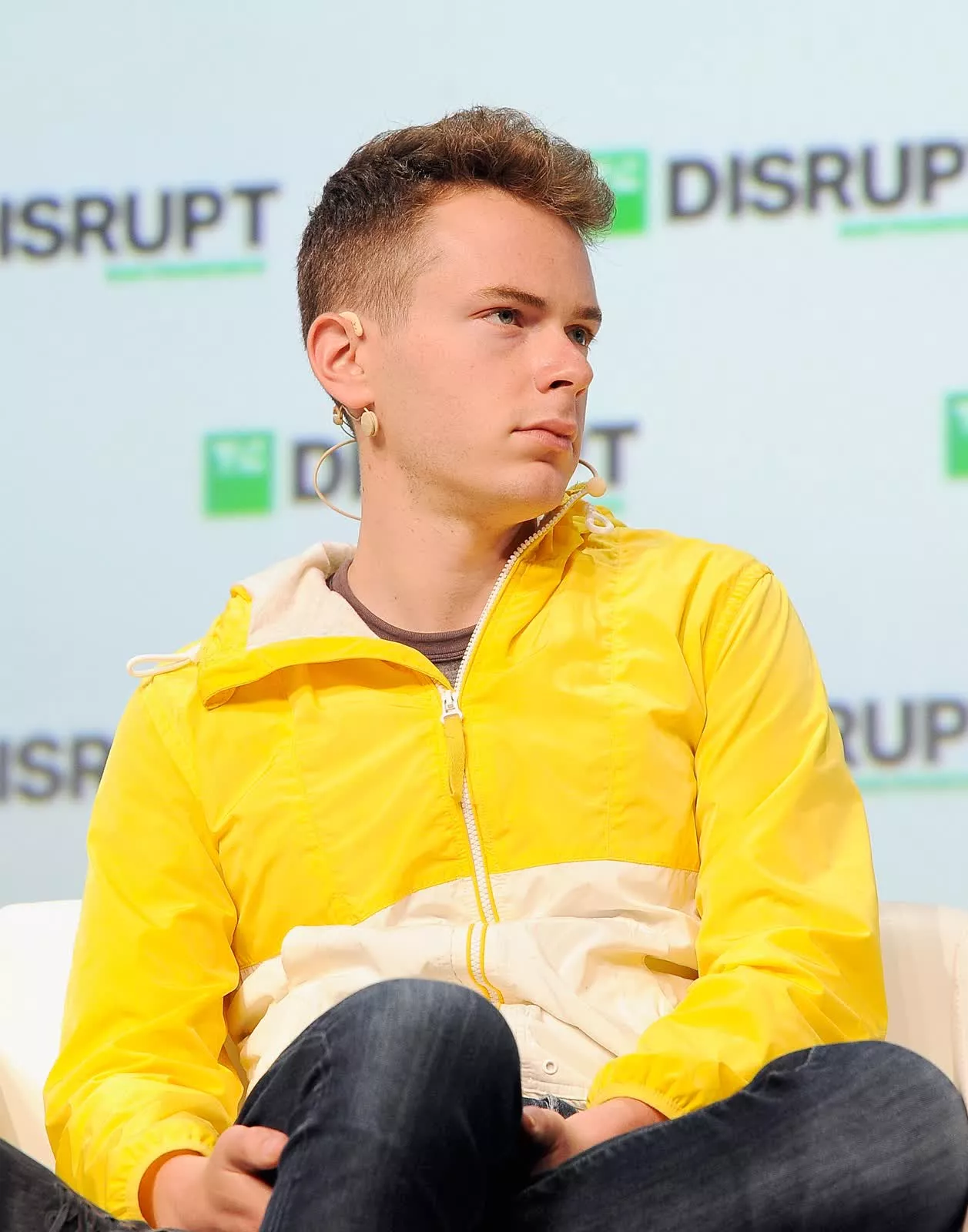Cutting corners: In Silicon Valley, AI isn’t just remaking technology – it’s redrawing the lines of loyalty, reshaping career arcs, and igniting bidding wars more intense than anything seen in recent memory. With executives offering hundreds of millions of dollars to secure top talent, researchers trained in code and algorithms now find themselves at the center of a gold rush. The people behind some of the field’s biggest breakthroughs are being courted like superstar athletes, and many startups are learning what it means to be in the crosshairs of Big Tech.
Nowhere has that power struggle played out more dramatically than inside Windsurf, a fast-growing AI company that had, until recently, been seen as a rising star.
For months, the company had been negotiating a $3 billion acquisition by OpenAI. But in a sudden twist, CEO Varun Mohan walked away from the deal (and the company itself), instead joining Google and taking several key employees with him.
The revelation landed like a bombshell during an all-hands staff meeting that many had expected to be celebratory, according to an extensive feature in the Wall Street Journal. Filming had even begun for what was meant to be promotional footage about the company’s next chapter. Instead, it became a record of its unraveling.
Some workers were left in tears, not just by the news, but by the silence that followed. Many had joined the startup in anticipation of a life-changing payout from a major acquisition. Overnight, the prospect vanished.
By Monday morning, their fortunes had whiplashed again. Windsurf’s new CEO, Jeff Wang, stood in the same meeting room to deliver another announcement: The company had agreed to be acquired – this time by Cognition, a smaller but ambitious AI startup. Wang assured employees that they would be included in the payout, regardless of how long they’d been with the company. The room broke into applause.
The race to build the most advanced AI systems has sparked a frenzied competition for talent that is testing the values Silicon Valley once held dear. Gone are the days when founders spoke mainly of missions and meaning; in their place has arrived an era of rapid-fire deals, loyalty shakeups, and 9-figure paychecks designed to turn researchers into rainmakers.
Gone are the days when founders spoke mainly of missions and meaning; in their place has arrived an era of rapid-fire deals, loyalty shakeups, and 9-figure paychecks designed to turn researchers into rainmakers.

Meta has become the most aggressive player in this talent arms race. Under the direction of CEO Mark Zuckerberg, the company has launched a recruitment drive aimed at creating a new research lab focused on “superintelligence” – AI that surpasses human capabilities.
Zuckerberg hasn’t delegated the task; instead, he has personally reached out to top names in AI. He has tried to lure researchers from OpenAI, Anthropic, Google DeepMind, and Apple.
Some of the offers reportedly exceeded $300 million in total compensation over four years, with a third of that amount paid in the first year alone. But money hasn’t always been enough. Meta still lacks a chief scientist for its lab, despite having attempted to recruit one for months.
The explosion in recruiting has also revealed philosophical divides in the industry. Altman spoke of being “proud of how mission-oriented our industry is,” even while acknowledging the rise of “mercenaries.” The quote echoed a long-standing belief in Silicon Valley, popularized by Kleiner Perkins chairman John Doerr, who encouraged founders to build companies focused on impact, not just wealth.
Yet even some believers in meaning have been lured by Meta’s machine. Zuckerberg’s biggest move came with his recruitment of Alexandr Wang, founder of the data-labeling startup Scale AI. After acquiring a $14 billion stake in Wang’s company, Meta named him the leader of its new AI lab.

Wang had started Scale at just 19, quickly becoming one of the youngest self-made billionaires in tech. When he announced his departure from the company in front of staff in June, some employees cried. “It was like the end of a Disney movie,” one person told the Wall Street Journal.
The ripple effects were immediate. Scale soon lost key contracts with OpenAI and Google. Within weeks, it announced layoffs affecting 14 percent of its workforce.
Other joint ventures have toppled, too. Meta lured Daniel Gross, CEO of AI safety startup Safe Superintelligence, into its orbit. Gross had co-founded “SSI” with Ilya Sutskever, a key figure in OpenAI’s early years. Gross’s move deeply surprised the tech world and left Sutskever reeling.
Back in the Windsurf offices, a sense of closure arrived faster than many had expected. Late Friday, just hours after Mohan’s exit was made public, Cognition CEO Scott Wu sent an email to Jeff Wang. The two connected and, within a day, shook hands on a deal. Cognition had built buzz last year after unveiling a viral AI coding agent called Devin. The acquisition meant Windsurf employees wouldn’t walk away empty-handed after all.



